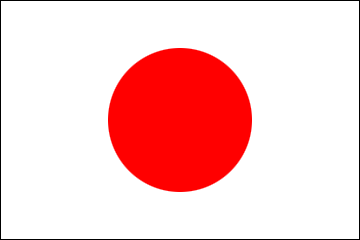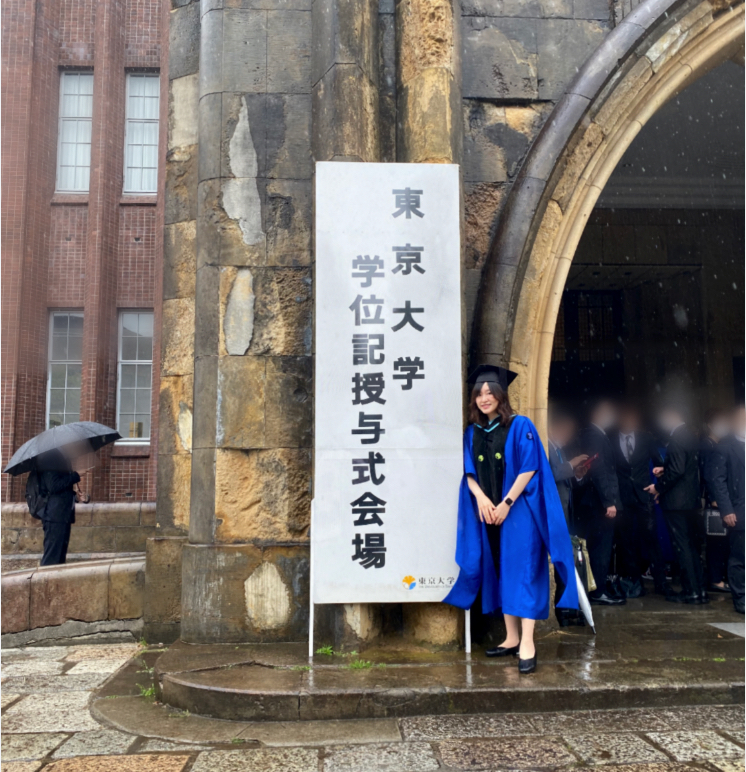
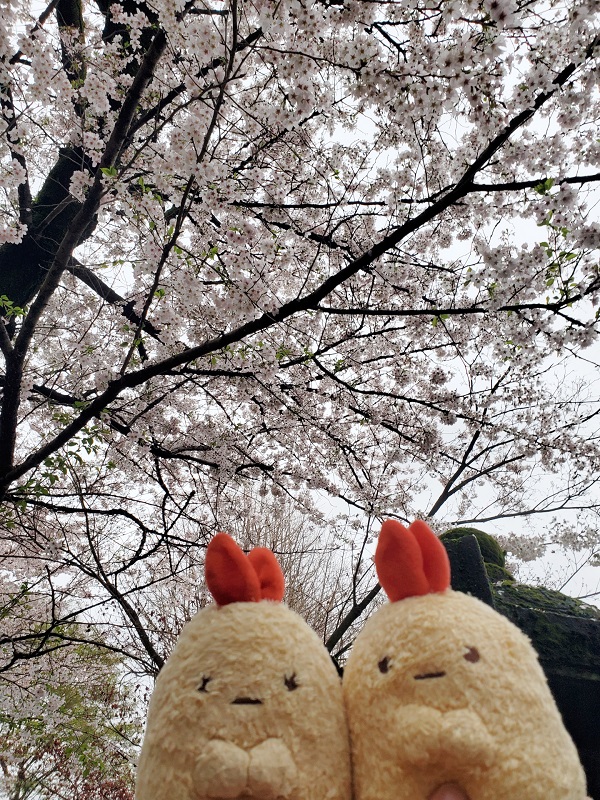
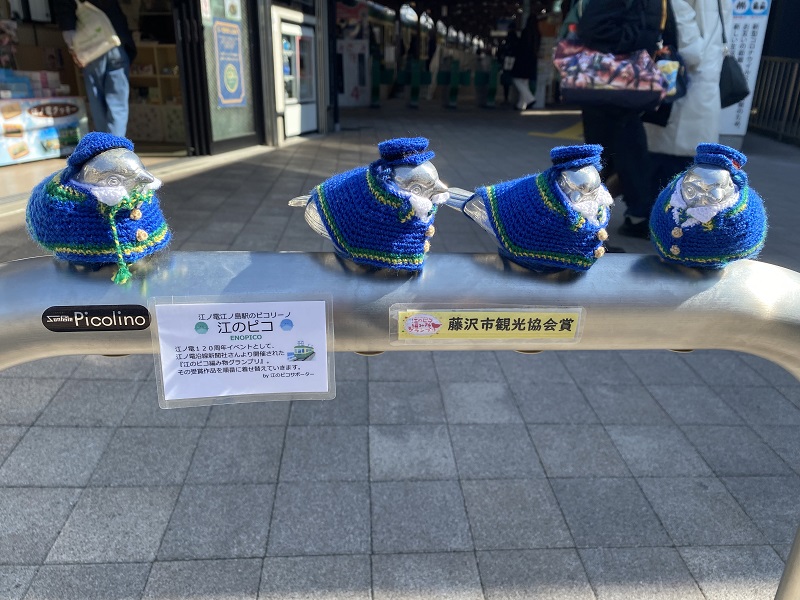
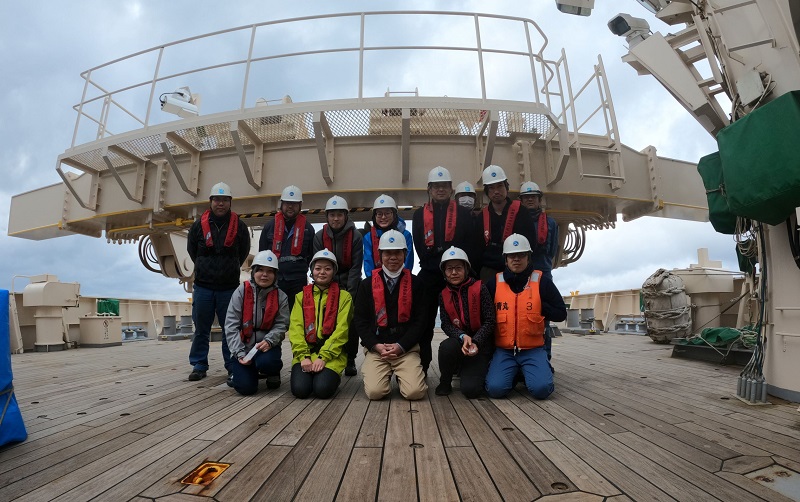
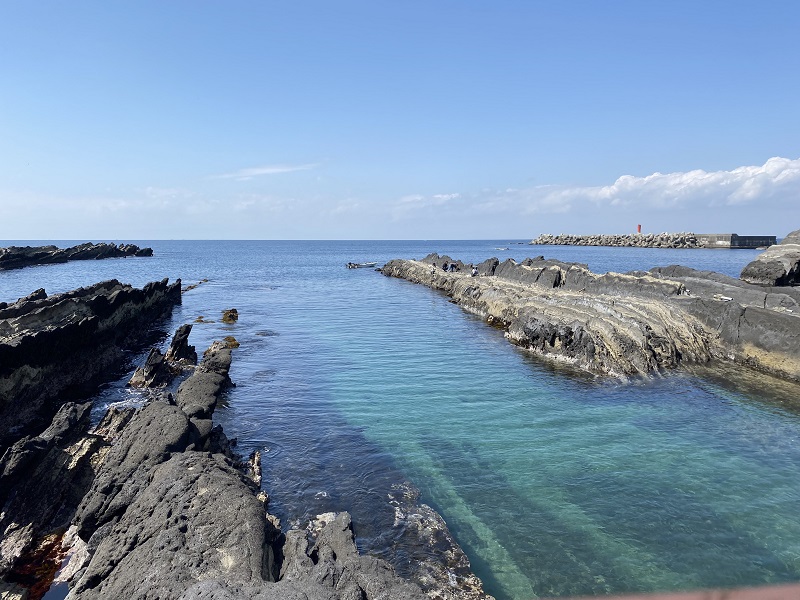
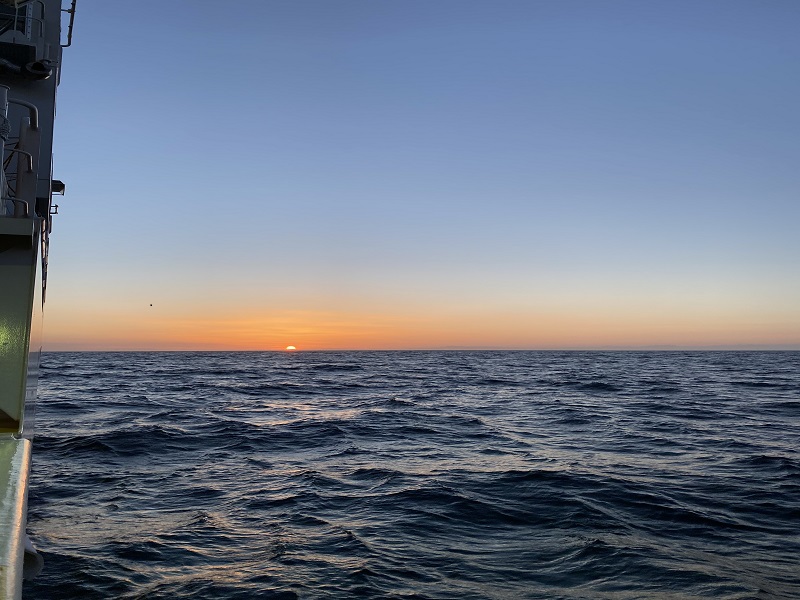
|
The MEXT Scholarship changed my life and opened many new doors for me. I first learned about it when I was in Japan, during my undergraduate exchange at Waseda University. I volunteered at the university’s English chat club where I met Sylvia, a MEXT scholar from the United Kingdom pursuing her PhD in engineering. After we talked, I decided to apply to MEXT for graduate programs after my undergrad. During the second half of my time at Waseda I contacted several professors at different universities in Japan and even visited two of them. That was how I met my thesis advisor, Dr. Toshi Nagata. After we met and I expressed interest in joining his lab as a MEXT scholar he agreed to take me and supported me during the application process.
After my exchange ended, I came back to the University of Calgary and graduated with a BSc. in Plant Biology. I kept in contact with Nagata-sensei and applied for the Fall 2020 Research MEXT Scholarship under the embassy recommendation. I submitted my application to the consulate in early May of 2019. The most important part was the Field of Study and the short answer section in which I was asked about my interest in Japan and the reason why my research can only be conducted at a Japanese university. These were crucial because it allows one to set themselves apart and persuade the screeners on why they should be selected. After I passed the screening, I went to the consulate for the exams and interview in early July. I wrote the Japanese and English tests in the morning with four other candidates. Japanese was not required for the programs I applied to, so I was told that I did not need to worry or stress about my exam results. In the afternoon, I went back for a 30-minute individual interview, where I presented my research proposal and we discussed the short answers on my application. I was quite nervous leading up the interview, but everyone at the consulate was extremely kind and patient. I got the interview and exam results in August, then I contacted Nagata-sensei and requested a Provisional Letter of Acceptance from The University of Tokyo. At this point, my application was sent to MEXT for a final review, and I got my final acceptance in January 2020.
I was scheduled to arrive in Japan in April 2020 as a research student, and then enrol as a Masters course student in September 2020. However, the epidemic delayed everything, and I ended up arriving in Japan in November 2020. I was very lucky to have the support of MEXT and the consulate. With their help, my arrival at Narita Airport was smooth and I spent my two weeks in quarantine at the hotel. This was my third time in Japan, so I did not have too much trouble settling in. After my quarantine ended, I went to Kashiwa city in Chiba and met my senpai, Ebihara-san, a PhD candidate from Nagata-sensei’s lab. Ebihara-san helped me settle into life in Kashiwa and guided me through the long procedures at the ward office. Unlike my exchange with Waseda, in which there were many fellow foreign exchange students, I came to Japan alone this time, so I am very thankful to my senpai. This may differ from university to university, but as graduate students we were expected to complete the moving-in and moving-out procedures on our own, as opposed to completing them as a group together at the ward office.
Living in Kashiwa was very different from Shinjuku in Tokyo, where I stayed during my first exchange. Compared to Tokyo, Kashiwa was much quieter and similar to the suburbs of Calgary. I enjoyed biking around Kashiwa and experiencing the little joys like seeing sakura in spring and momiji in the fall during my commute to campus. With covid looming over most of my time in Japan, it was difficult to meet new people because social events were sparse and few. But through my university’s international office, I joined the language exchange program and the cultural exchange program where I was able to meet new friends. Through the language exchange program, I met Ayaka and her friend Karin. Coincidentally, all three of us were at Kashiwa campus and part of the AORI building. As such, we ate lunch together several times and went to Mount Tsukuba to see the fall leaves. The cultural exchange program offered the opportunity to connect with Japanese retirees that volunteer to spend time with and help international students. Through this opportunity, I met Hirose-san. We met for lunch once or twice every month, and for several months, he helped me prepare for the JLPT. Hirose-san and his wife also celebrated with me when I passed my mid-program exam, when I passed JLPT, and when I graduated. They even came to see me off at the airport when I flew back to Canada! Hirose-san and his wife showed me that friendship can transcend cultural barriers and age differences.
Having experienced both, I can say that the graduate and undergraduate experience in Japan is very different. During my undergraduate exchange, I only had to worry about classes and because I was taking electives, I had lots of time to explore Japan and meet new friends. In contrast, this time I was taking classes but also conducting research and preparing my master’s thesis. I took around 9 courses, and they were all in English. My program did not require Japanese language ability, so I did not take any Japanese courses before or during enrolment. I also wrote my thesis in English and presented in English. Despite that, knowing Japanese is a definite asset, as some lab meetings and exchanges will only be in Japanese. In addition, it really helps with daily interactions like eating out and running errands at the bank. Most importantly, by making the effort to use Japanese, it will be easier to befriend fellow students and improve relationships at school.
My master’s research gave me the opportunity to partake in many activities and go to places that I would never explore if not for my program. For example, I got to spend a month in Otsuchi for an incubation experiment. Otsuchi is a town in Iwate prefecture and it is quite rural, so much so that the closest conbini was a 30 minute walk away! But thanks to this chance, I spent a month by the ocean and had my first “shopping car” experience. This was a term that my mentor and I used to describe the mobile grocery store in the form of a well-stocked truck that came to our rural area twice a week. My most memorable experiences were the two research cruises that I joined in. They were each about 2 weeks long and I got to enjoy the views from the North Pacific Ocean. I met professors and researchers from different departments and even different institutions. It was an enrichening experience that not many people have the chance to experience, so I am very thankful to my professor and MEXT, for giving me this chance.
There were many ups and downs during my two-year journey in Japan, and I would go again in a heartbeat. I will never forget the memories I made, from having KFC on Christmas with my senpai and lab mates to the endless rain on the day of my graduation ceremony. Thanks to MEXT I was able to focus on my studies and enjoy life in Japan without financial worries.
|






